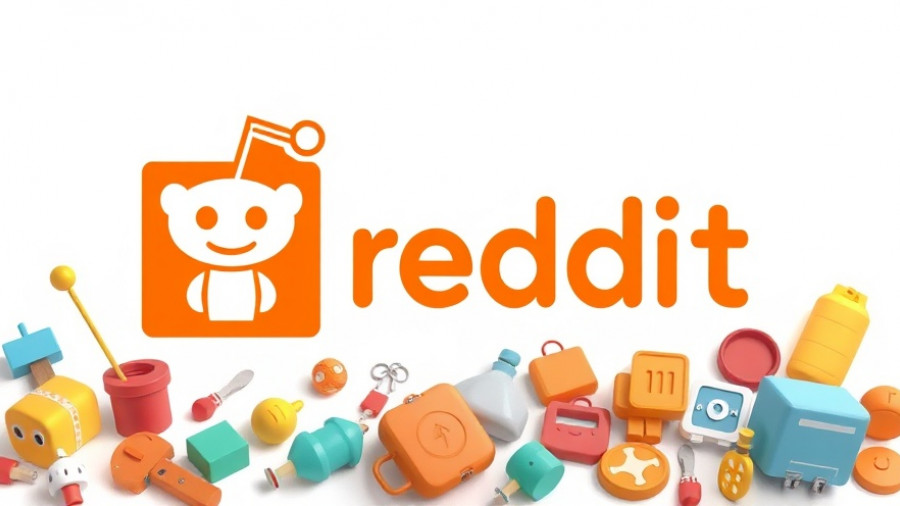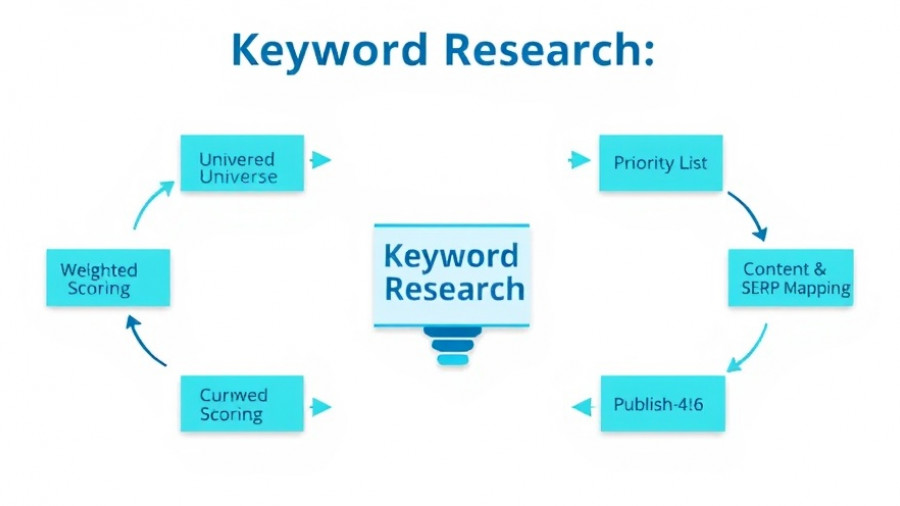
Understanding Domain Authority in the Age of AI
For digital marketers and SEO professionals alike, Domain Authority (DA) has long been the gold standard for evaluating a website’s credibility and potential search engine ranking prowess. However, recent insights from Ziff Davis have turned the spotlight on how Large Language Models (LLMs) interact with content from high DA sources. While Google maintains that DA is not a direct ranking factor, its influence on AI-generated content may forge new pathways in the evolving landscape of digital marketing.
The Motivation Behind Ziff Davis's Study
Ziff Davis, a leading media conglomerate with notable brands like PCMag and Mashable, faced an interesting dilemma: the use of their content by LLMs without proper licensing agreements. This situation prompted a detailed investigation into which kinds of sources and content LLMs favored during their training sessions. By analyzing popular datasets such as Common Crawl and OpenWebText, Ziff Davis aimed to unveil how these AI models prioritize and utilize web content.
Key Findings: The Preference for High-Quality Content
One major takeaway from the Ziff Davis study is the pronounced preference that LLMs display toward high-quality, heavily curated datasets. The study revealed that LLMs are more likely to gravitate towards authoritative publishers, making high DA content significantly more favorable in their training process.
This emphasis on quality over sheer volume represents a significant shift in how content is disseminated and utilized in the AI sphere—a trend that could impact how marketers approach content creation and strategy moving forward.
A Closer Look at the Datasets
The research examined four essential datasets crucial for LLM training:
- Common Crawl: A vast collection of uncurated web text scraped from the internet, offering a broad spectrum of content but lacking quality filters.
- C4: Curated content designed to boost training for LLMs using quality, human-reviewed text.
- OpenWebText: A dataset derived from high-quality articles linked on Reddit, selecting content that users deemed valuable.
- OpenWebText2: An updated and expanded version that continues the methodology of its predecessor to gather high-DA sites.
The study found that OpenWebText and OpenWebText2 notably contained a higher proportion of high DA content than their uncurated counterparts, indicating a strong tie between content curation and the success of LLMs.
Implications for SEOs and Marketers
This trend poses an intriguing question: How should marketers adapt in the era of AI content generation? For SEO professionals, the findings suggest prioritizing content quality and authority rather than just volume. By creating high-quality content that meets the standards of high DA resources, marketers can leverage the preferences of LLMs to enhance visibility and engagement.
Furthermore, as AI continues to reshape the landscape of digital marketing, understanding its nuances and biases will become critical. As LLMs increasingly rely on authoritative sources, maintaining a robust online presence and a high Domain Authority could be paramount for brands aiming to compete effectively in today's AI-driven market.
Conclusion: Preparing for an AI-Influenced Future
As the insights from Ziff Davis reveal, high Domain Authority content is gaining an essential role in AI training and operations. The implications for SEO professionals and digital marketers cannot be overstated. The increased presence of authoritative content in AI training datasets conveys a future where quality is not only recognized but rewarded.
Embracing these changes, and understanding their impacts, will be key. It is time for brands and marketers to sharpen their focus on producing exceptional, valuable, and trustworthy content, aligning with the expectations of both users and AI systems alike.
 Add Row
Add Row  Add
Add 




Write A Comment